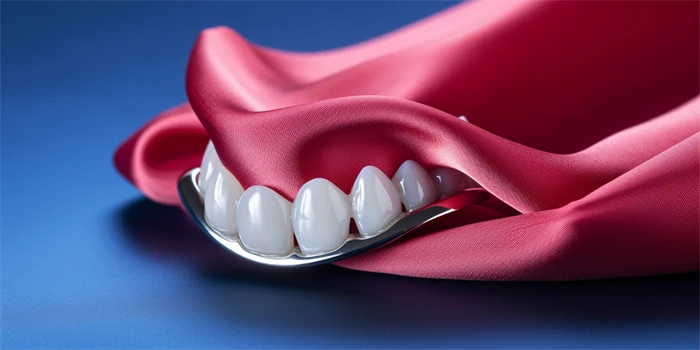When it comes to maintaining good oral health, dental prostheses play a vital role in restoring and enhancing dental functionality. One such prosthesis is a dental crown, also known as a dental cap, which is used to cover a damaged tooth or implant. This article aims to educate readers on the importance of crown prostheses and highlight their benefits in improving dental health.

The Benefits of Crown Prosthesis
1. Restoring Tooth Integrity
A dental crown acts as a protective barrier, strengthening and restoring the integrity of a damaged tooth. Whether the tooth has been affected by decay, cracks, or other structural issues, a crown provides an added layer of protection, preventing further damage.
Moreover, a crown helps stabilize a tooth after undergoing a root canal treatment. By sealing off the tooth, it prevents reinfection and provides support for normal chewing and biting.
2. Enhancing Functionality
One of the key benefits of crown prostheses is their ability to improve dental functionality. If you have a severely damaged or missing tooth, a crown can restore the ability to chew and speak properly, allowing for better overall oral function.
Additionally, a crown can be used in conjunction with a dental bridge to replace missing teeth. This approach not only improves functionality but also helps maintain proper alignment and prevents surrounding teeth from shifting.
3. Improving Aesthetics
Another significant advantage of crown prostheses is their ability to enhance the appearance of your smile. Crowns can be custom-made to match the color, shape, and size of your natural teeth, ensuring a seamless and aesthetically pleasing result.
Furthermore, crown prostheses can be utilized for cosmetic purposes, such as addressing discoloration or misshapen teeth, resulting in a more attractive smile and boosted confidence.
4. Long-Term Durability
Crown prostheses are designed to be durable and long-lasting, providing patients with a reliable solution for their dental needs. With proper care and maintenance, a well-fitted crown can last for many years, making it a worthwhile investment in your oral health.
FAQs
1. How long does the process of getting a dental crown take?
The process of getting a dental crown typically involves two visits to the dentist. During the first visit, the tooth is prepared, and impressions are taken to create a custom crown. These impressions are sent to a dental laboratory, where the crown is fabricated. On the second visit, the crown is placed and adjusted for optimal fit and comfort.
2. Is getting a dental crown painful?
Getting a dental crown is not usually painful. The tooth and surrounding area are numbed with local anesthesia during the procedure to ensure comfort and minimize any potential discomfort.
3. How do I care for a dental crown?
To maintain the longevity and functionality of your dental crown, it is important to practice good oral hygiene. This includes brushing your teeth twice a day, flossing daily, and scheduling regular dental check-ups. Avoiding chewing on hard objects or using teeth as tools can also help prevent damage to the crown.
4. Are there any alternatives to crown prostheses?
Depending on your specific dental needs, alternatives to crown prostheses may include dental veneers, dental implants, or dental bonding. Consulting with a qualified dentist will help determine the most suitable solution for your situation.
5. How much does a dental crown cost?
The cost of a dental crown can vary depending on several factors, such as the material used, the complexity of the case, and the location of the dental practice. It is best to consult with your dentist and discuss the specific costs associated with your individual treatment plan.
References:
- American Dental Association - Mayo Clinic - Journal of Prosthodontics - National Institute of Dental and Craniofacial Research - [Insert fifth reference]


